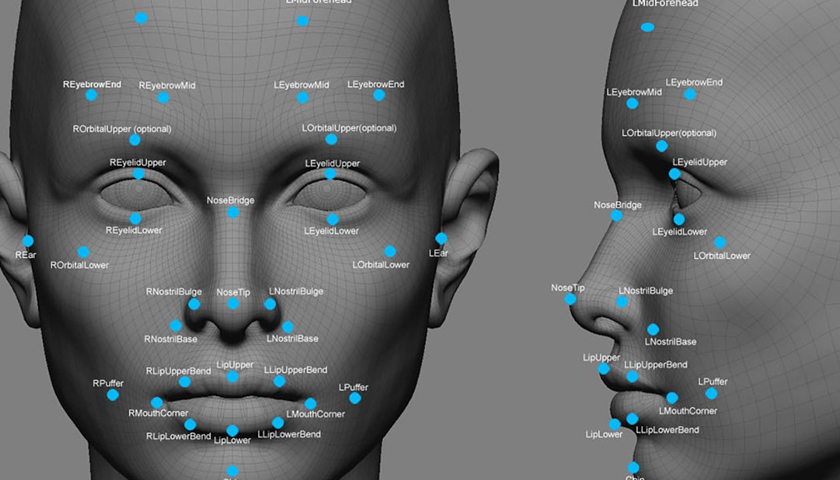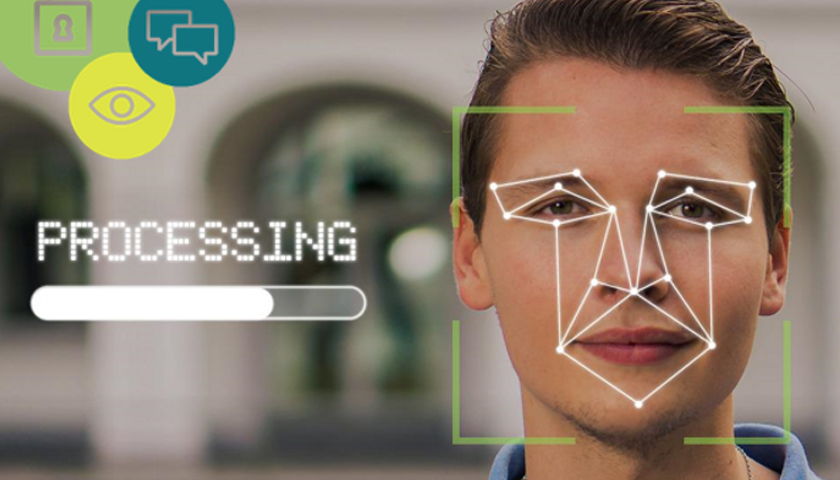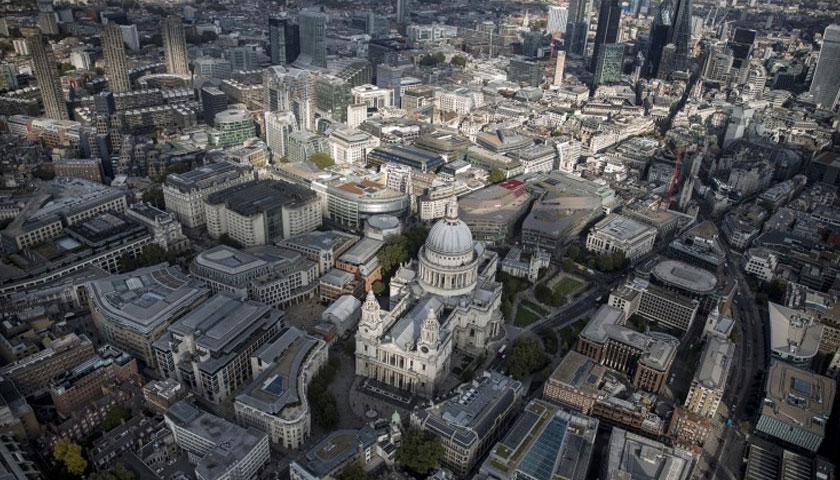An independent panel that advises London’s City Hall on the ethics of policing has issued a series of recommendations in a report examining the Metropolitan Police’s use of facial recognition technology.
The Met has been trialling live facial recognition technology to understand how effective it will be in supporting police operations. The technology automatically checks people passing a camera in a public place that are checked against images on a ‘watch-list’ specially selected on police databases. It is one example of how the Met is using emerging digital technologies, and has been used at the Notting Hill Carnival in 2016 and 2017, the Remembrance Day ceremony at the Cenotaph last year and a trial last month in Stratford.
The report found that images that appear to match those on the watch-list are first checked by officers and if it’s believed there is a credible match, a decision is made on operational grounds to speak to the person identified. It found the recording is retained for 30 days whilst a technical assessment is carried out, before being deleted.
Following a six-month investigation to examine live facial recognition, the Ethics Panel’s report makes a series of recommendations to ensure the trials move forward in a way that sustains public trust.
The report concluded that there is a lack of clarity about the legal basis for the use of the technology and its regulation, and has recommended that the Met should publish its view on the legality of using facial recognition technology before any further trials. As there is no national commissioner or framework for the use of this digital technology, the panel concluded the Met should continue working closely with the relevant commissioners to ensure proper oversight of its use.
The panel’s view is that the trials would be more effective with public support and set out a series of recommendations to achieve that.
This includes:
- Members of the public seeking information about trials should be able to find these quickly and easily on the Met’s website
- The Met should inform Londoners of the questions the trials are intended to address and why public participation is necessary.
- Trial sites should be selected to minimise perceptions of bias against certain communities
- When informing Londoners about trials, the met should state that declining to be scanned would not be viewed as grounds for suspicion.
- The Met should set out, as a condition of continuing with trials, how it will go about making future decisions on where and when the technology is used and how it will engage with Londoners on it.
The panel has commissioned a public opinion survey on Londoner’s views on facial recognition and other technologies, and will be publishing its findings later this year, as part of a fuller report.
Sophie Linden, Deputy Mayor for Policing and Crime, said: “We firmly believe in the principles of policing by consent in London and to do that we have to ensure we maintain the full support and trust of Londoners in the Metropolitan Police.
“The Ethics Panel’s report sets out a clear set of recommendations, focusing on a series of measures the Met can take to improve communications with Londoners about how and why facial recognition technology is used now, and in future trials. We will oversee this and will work closely with senior officers at the Met to ensure these measures are carried out.”
Commander Ivan Balhatchet of the Met said: “The Met engaged extensively with the ethics committee during the development of this report and we welcome its findings.
“We have already implemented a number of the recommendations made in the report. We will have implemented the remaining ones by the end of July as we continue to trial the technology.
“We believe it will be an extremely valuable tool to help keep London and its citizens safe, alongside other tactical methods we use. The public would rightly expect our use of this technology to be rigorously scrutinised and used lawfully.
“There is currently no specific legal framework in the use of this technology and we are therefore keen to ensure that the appropriate legal and ethical frameworks are in place to support its use.”
Dr Suzanne Shale, who chairs the London Policing Ethics Panel, said: “Our report examines the Metropolitan Police’s trials of live facial recognition technology. The technology is potentially of value for policing, but these trials have raised important questions about how citizens are involved in testing powerful new digital technologies, and in subsequent decisions whether to adopt them.
“The Met has shared information with the Ethics Panel about how it uses the technology, the trials and some possibilities for future use. We have made a series of key recommendations, which we think should be addressed before any further trials are carried out. We believe it is important facial recognition technology remains the subject of ethical scrutiny.”
Links
http://www.policingethicspanel.london/work-programme–reports.html



